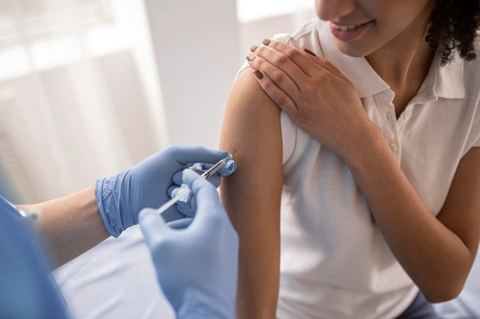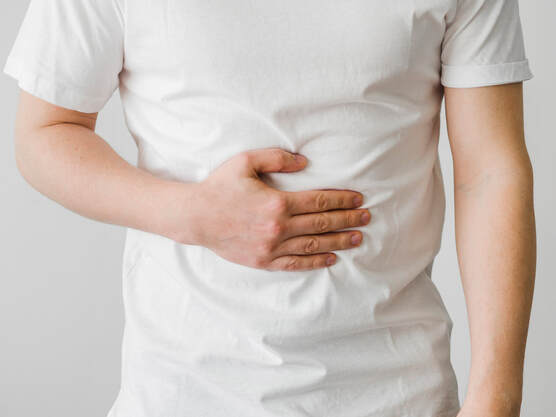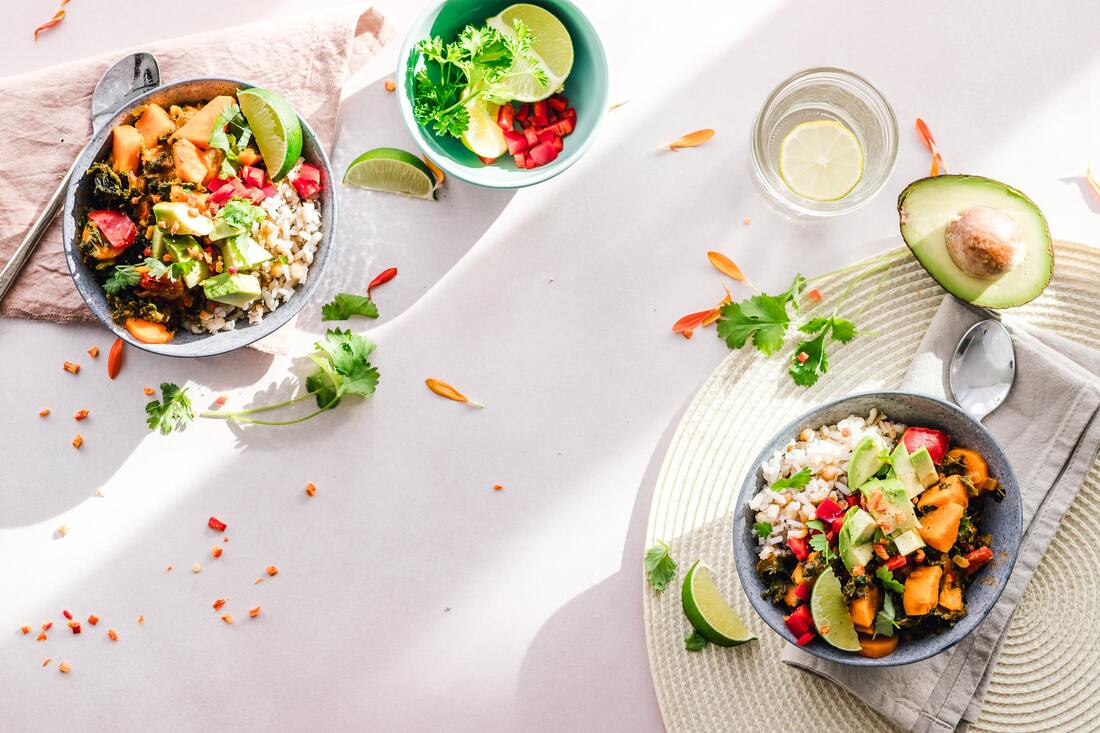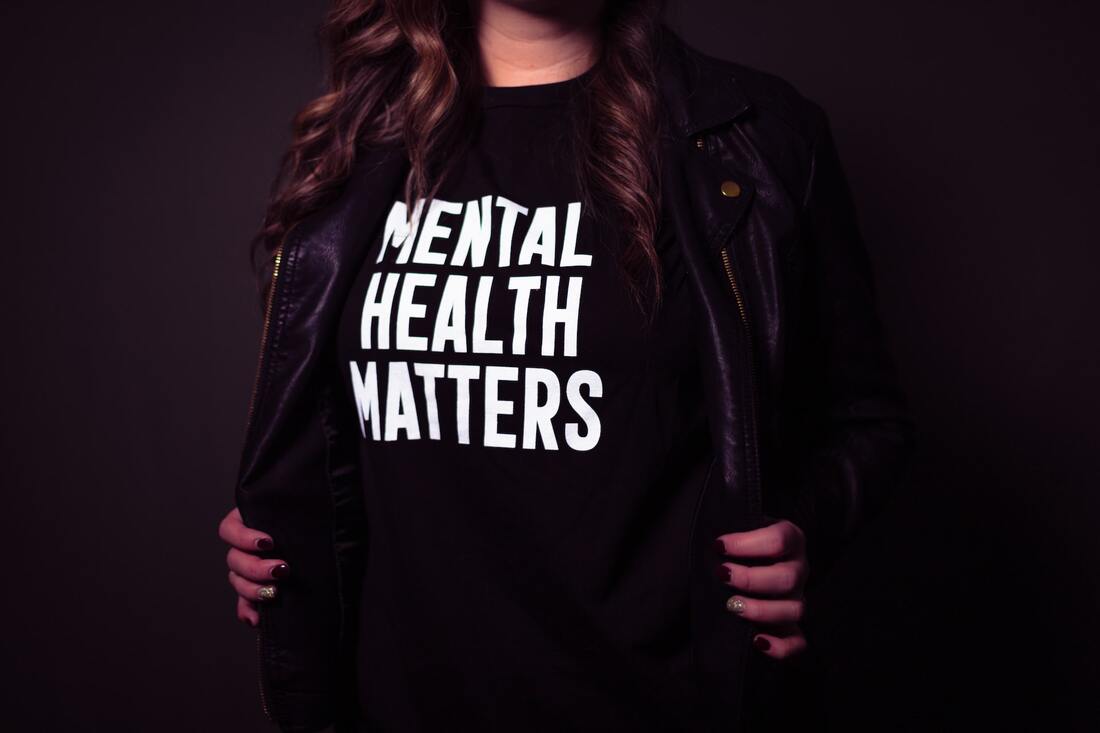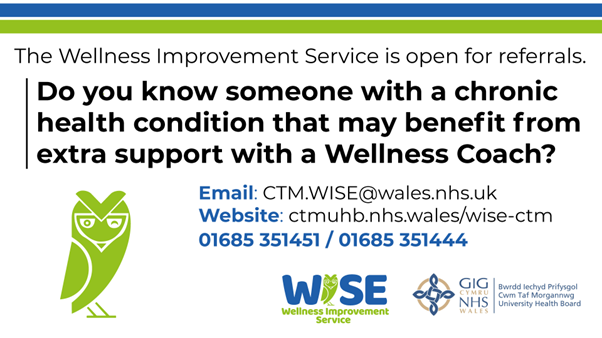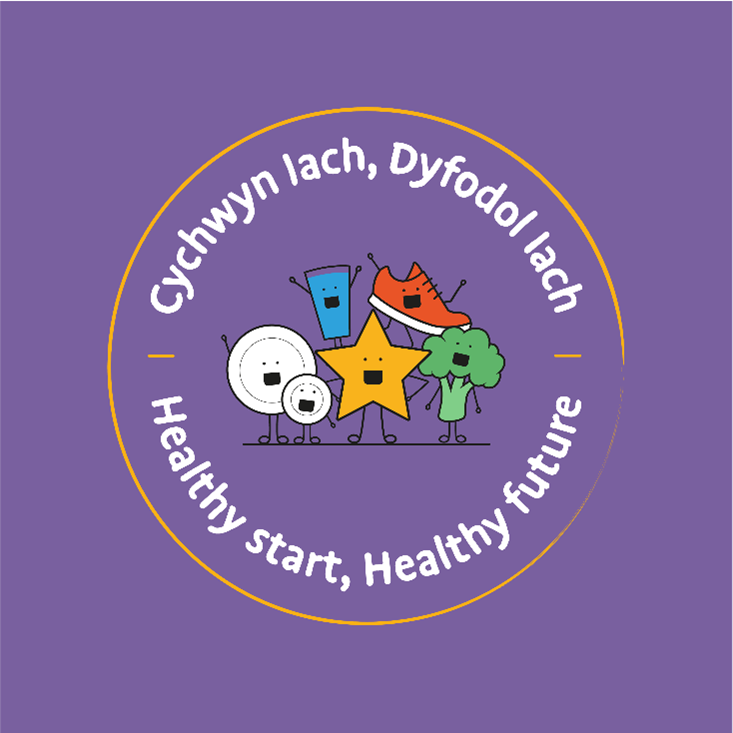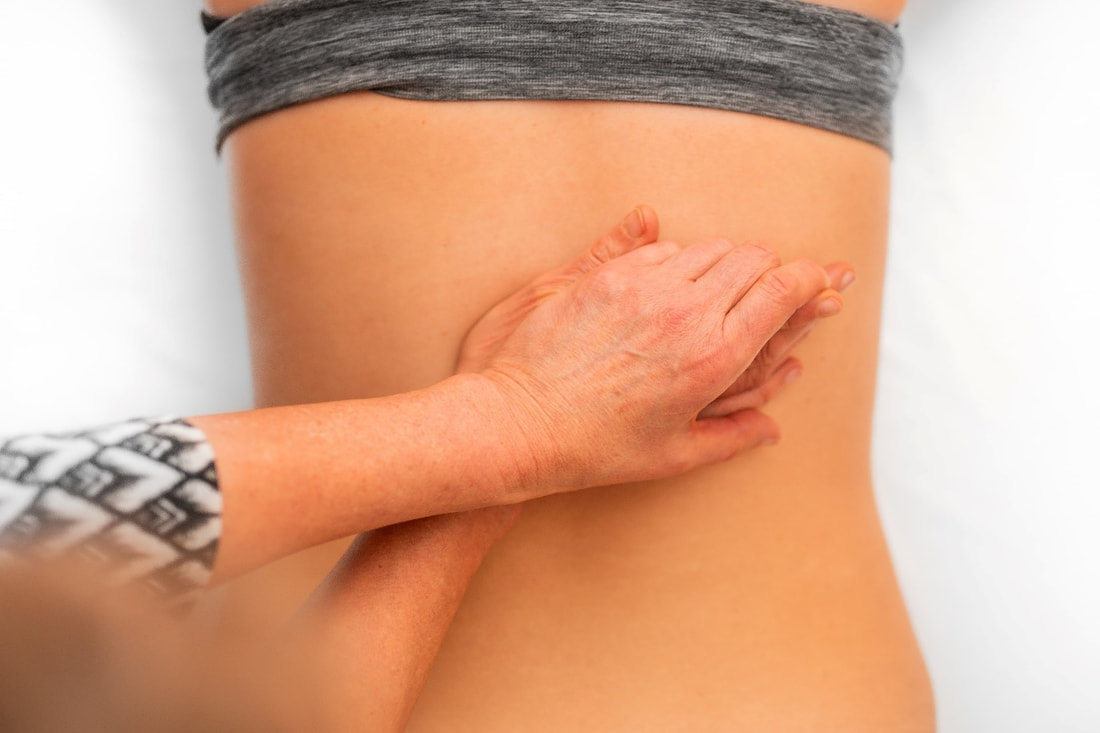|
RCT Together is aimed at improving and developing communities within Rhondda Cynon Taf (RCT) based on resident's needs. By participating in the RCT Together Resident Survey, you can anonymously put your thoughts forward and help shape the future of our community services to ensure they meet the wants and needs of all residents. Complete the survey online here.
Why Your Input Matters The RCT Together Resident Survey is a fantastic way of gathering feedback from the community which can be used to develop areas that residents feel need improvement and identify those which are working well. Your responses will guide the development of projects and services in your area. By sharing your thoughts, you are directly contributing to the enhancement of our community. As a result of the 2021 survey, RCT adjusted their focus, directing community grants towards initiatives you care about, such as Winter Welcome Centres and more community activities. These changes were directly influenced by your feedback. Benefits of Participating
How to Participate Taking part in the RCT Together Resident Survey is simple and easy, and only takes a few minutes. You can complete the survey online here, or visit a local community centre for assistance. The survey is straightforward and allows you to provide valuable feedback quickly and easily. RCT Together continue to plan new ways to support our communities and need as many responses as possible and appreciate the feedback from all those who take part. Contact RTC Together If you have any questions or need assistance with the survey, contact RTC Together. Please include your name, contact details and the details of your enquiry and send to the contact details below, and one of the RCT team will aim to respond to you within 5 working days. RCT Contact Details [email protected] 01443 425368 To learn more about the RCT Together Resident Survey, click here. Complete the survey here. It's perfectly normal to experience ups and downs in life but weaving these tips into your daily routine can boost your mood and wellbeing. Keep reading for our tips on how to boost your mood!
How to Boost your Mood & Wellbeing: In the rush of daily life, it's easy to get out of the habit of doing the small things that can make a significant difference in how we feel. Taking care of our mental health is important, and these small changes can make a big difference when it comes to lifting your mood. Embrace Physical Activity Physical activity is an essential part of mental wellbeing. The release of endorphins, or "feel-good" hormones, during exercise naturally improves your mood. Consider incorporating activities that you enjoy and look forward to, such as:
Spend Time Outdoors Nature has the unique ability to positively impact our emotions. Spending time outside helps to reduce feelings of stress and anxiety and induces feelings of peace and contentment. Try things like:
Practice Mindfulness and Meditation Mindfulness and meditation are powerful tools when it comes to managing stress and enhancing emotional health. They help bring your focus back to the present, reducing feelings of stress and anxiety. Practices include:
Maintain Meaningful Connections Humans are social by nature, and meaningful connections are essential for our mental health. Positive relationships offer support and improve our mood. To make new social connections, try:
Prioritise Quality Sleep Sleep and how you feel are very closely linked. Lack of sleep can negatively affect your mood, while a good night's sleep can improve your emotional resilience and help you think clearly. Strategies for better sleep include:
Find Joy in Everyday Activities Happiness can often be found in the small, everyday moments – you just need to be looking for it. Going into each day with a grateful attitude and determination to find joy can help to lift your mood:
Getting Support Taking these steps can help you navigate towards a happier and healthier life, but if you need further help or advice on how to boost your mood, a Wellbeing Coordinator can direct you to activities, support groups and charities that can help, just contact your practice to get in touch. Where can I get urgent help? If you have already been given a Crisis Line number from a health professional, call it. If you're under the care of a mental health team and have a specific care plan that states who to contact when you need urgent care, follow this plan. Call NHS 111 (Option 2) You can call NHS 111 and select Option 2 if you or someone you know needs urgent mental health care, but it's not life threatening. Mental Health 111 (Option 2) is available 24 hours a day, 7 days a week, and is free to call from a mobile (even when the caller has no credit left) or from a landline. The 111 Option 2 service can help you if: You have an existing mental health problem, and your symptoms get worse You experience a mental health problem for the first time Someone has self-harmed, but it does not appear to be life threatening, or they're talking about wanting to self-harm A person shows signs of possible dementia A person is experiencing domestic violence or physical, sexual or emotional abuse Contact your practice today to get support, advice and guidance from an empathetic and confidential mental health professional or visit the Taff Ely Cluster. There is no better way to protect against the flu than by getting your flu vaccination each year. For most people the flu is an unpleasant bout of fever, aching muscles, chills, congestion and unrelenting fatigue. But for those more vulnerable, flu is a virus that can lead to more serious health concerns. There are outbreaks most winters, and each year the flu virus changes. The annual vaccine targets these new strains and can reduce the risk of experiencing severe symptoms if you do catch it.
The importance of getting a flu vaccine It is important that if you are eligible for the flu vaccine (see the full eligibility list below) that you book your vaccine as soon as possible to:
Eligibility for the flu vaccine
Clinical risk groups You are aged six months to 64 years and have a long-term health condition that puts you at increased risk from flu, these include, but are not limited to:
Book your Flu Vaccine September is the recommended time to book your flu vaccination in anticipation of the flu season. Contact your GP practice to schedule an appointment and ensure you are protected for the upcoming flu season. April is Bowel Cancer Awareness Month, an important time to raise awareness about this disease and encourage people to get screened for early detection. Bowel cancer is the third most common cancer worldwide, affecting both men and women.
Symptoms of Bowel Cancer The symptoms of bowel cancer can vary, but some common signs include:
Screening Tests for Bowel Cancer The good news is that bowel cancer is highly treatable if caught early. Screening tests can detect the disease before symptoms appear, and early detection is key to successful treatment. The most common screening tests for bowel cancer include:
How to Use a Bowel Screening Test The fecal immunochemical test (FIT) is a simple test that checks for blood in the stool. It can be done at home, with a kit that you will receive in the post (if you are between the ages of 60 – 74). Here's how to use a bowel screening test:
Prevention Measures for Bowel Cancer While there is no surefire way to prevent bowel cancer, there are steps you can take to reduce your risk, including:
Bowel Cancer Awareness Month is a time to educate yourself and others about this important issue. By spreading the word about screening and prevention, we can help reduce the impact of bowel cancer on individuals and communities. So, take the time to talk to your loved ones about bowel cancer and encourage them to get screened. Together, we can make a difference in the fight against this disease. To request a test, click the link: www.nhs.wales/screening Why we need to eat healthy
Nutrition and hydration are essential for maintaining a healthy life and preventing illness. There are many benefits to eating healthy, including:
Let’s not forget hydration. Hydration is essential for maintaining optimal body function. Drinking water:
How to eat healthy We know eating healthy and drinking water can sound like a chore, but it needn’t be. It’s hard to get into new a routine so let’s start small, and what better week to start than Nutrition and Hydration Week 2023. 1. Batch cooking Fast food is convenient and easily accessible, but it isn't the only way to get a quick meal. Maybe, due to your busy lifestyle you just don’t have time to cook every day. So why not try batch cooking? Batch cooking involves preparing a large amount of food at one time, like chili, soup, or casserole, with the intent of dividing the large batch into smaller portions for future meals. Whether you call it batch cooking or bulk cooking, start by dedicating one evening a week to cooking in bulk. That way you eat healthier, spend less time cooking, have less dishes to wash and with readily available homemade meals for the week, its more convenient for you and also helps save on your utility costs, with just a quick reheat needed each evening. Here are a few batch cooking meal ideas: But if batch cooking still sounds too time consuming, here are some quick and easy meals:
2. Saving money on healthy foods Fruits and vegetables are essential for maintaining a healthy and balanced diet, but you don’t need to buy fresh, you can buy frozen or canned. Not only are frozen vegetables usually cheaper, but they also last longer, are usually pre-cut for convenience and they have their nutrients preserved as they are usually picked when fully ripe and promptly frozen. Similarly, canned tomatoes retain most of their nutrients through the canning process. Additionally, if you plan your meals and you know what ingredients you will need ahead of time you will not only save on your food waste, but you can save money. 3. Snack smarter Nutrition is essential for a healthy life, but you can start small. Try snacking smarter:
There are countless alternatives and here are some healthy snack recipes to get you started:
How to stay hydrated It is important to drink plenty of water throughout the day, but how? Here are some useful tips to help you drink more water everyday:
Here are some of our favourite healthy drink options:
Proper nutrition and hydration are essential for a healthy life. But it’s not a sprint, it’s a marathon. It takes time to settle into a routine. So, take your time, discover some new recipes and commit to a healthier lifestyle today, your body will thank you for it. For more information you can visit: https://nutritionandhydrationweek.co.uk/ Life for girls and young women can be challenging. Whether it be academic pressure, a difficult family situation or the influence of social media, there are many different reasons why, as a young woman, you could start to feel your mental health suffer.
However, for teenage girls and young women, there are lots of dedicated mental heath support services and resources, ready and waiting to offer their assistance right here in Taff Ely. Kooth Kooth is a free mental wellbeing support service, which is freely accessible to young people in Taff Ely. This online platform has lots of different support available, including:
Get started with Kooth, here: https://www.kooth.com/ Valleys Steps to Student Wellbeing Valleys Steps provides mindfulness and wellbeing courses and workshops to the young people of Rhondda Cynon Taf, Merthyr Tydfil and Bridgend. There are always new workshops specially designed for school and college students – whether that be online or in person – so you can access useful mental wellbeing guidance you need. There are also quick guides and online tools covering topics like staying calm, sleep journals and dealing with change. Take a look at the latest workshops and tools, here: https://valleyssteps.org/students/ Eye to Eye Wales Free counselling and confidential support for anyone aged between 7 and 30 years old across RCT. As well as a huge number of online resources and advice, you can get in touch with a counsellor in 3 different ways:
Take a look at the amazing support available from Eye to Eye, here: https://www.eyetoeye.wales/talk-to-us Parent and Family Support Rhondda Cynon Taf County Council have a hub of useful links for parents and families who may be struggling, no matter the reason. From financial support to parent and toddler groups, the council are able to offer help to parents with their own mental health issues, as well as children and young people in need of support. Click here to learn more: https://www.rctcbc.gov.uk/EN/Resident/ChildrenandFamilies/ParentandFamilySupport/ParentandFamilySupport.aspx The best thing to do when you can feel your mental wellbeing declining is to reach out for support. Whether that be to friends, family and loved ones, or mental health support services, anything is better than bottling up what you are going through.
For men living in Taff Ely and the surrounding areas, there are lots of local and national organisations who offer resources, support, helplines, and workshops which can help you take back control of your health and mental wellbeing. Men’s Sheds Cymru Inclusive and independently run social clubs, run by the men who attend them. Men’s Sheds offers a sense of belonging, acceptance and fellowship for groups of men with common interests. CALL helpline A freephone helpline (0800 132 737) offering confidential listening, advice and support for those who need it in Wales. You can also text ‘help’ to 81066 for support through text messaging. Rhondda Cynon Taf Parent and Family Support A hub of resources from Rhondda Cynon Taf council for parents and families in need of support. Their services include financial advice, parent and toddler groups and holiday play schemes – to help lift the pressures on a parent’s shoulders. Valleys Steps Free wellbeing courses and workshops to promote better mental health across the Valleys communities. They also deliver workplace wellbeing courses and offer resources for improving mindfulness techniques. Cwm Taf Morgannwg Mind Cwm Taf’s local branch of the Mind charity, proving mental health support, training and resources for your community. You can refer yourself to the Mental Health Support Hub and find details of crisis services on their site. New Horizons Mental health services for adults over the age of 18 in RCT, Merthyr and Bridgend. Any adult can self-refer and contact New Horizons directly. They run local support groups on a weekly basis, including a virtual men’s group on Wednesday evenings. Cwm Taf Morgannwg University Health Board are proud to announce the opening of the brand-new Wellness Improvement Service (WISE).
Available as part of the NHS Wales Planned Care Programme for Cwm Taf Morgannwg University Health Board, this new service provides non-medical intervention to improve patient health and wellbeing for those on waitlists for specific clinics. This is an ongoing educational programme, a new service that will help patients understand the root cause of certain medical conditions. The scheme will also improve wellbeing and quality of life through proven methods to advance long term health and reduce symptoms. These methods include making lifestyle and thought pattern changes which help patients learn to live comfortably with long term conditions. The WISE Team will initially be able to support patients with the following conditions:
This service will be delivered through highly trained wellness coaches, who will lead patients through a structured programme in the form of group sessions. Patients will focus on areas including proper nutrition, physical movement, and sleep improvement, as well as how to reduce stress and manage the symptoms affecting their quality of life. There are digital health tools on hand to assist with the journey in the form of a new self-management website with resources on holistic medicine and wellness. The website also provides links to other websites which offer downloadable health resources, digital libraries, and relevant blog articles. Patients can be referred by their consultant, GP practice, health professionals, self-referral, or social connector. If you are interested in this programme, you can get started by registering here: https://ctmuhb.nhs.wales/wise-ctm/wise-registration-form/ This new scheme from Cwm Taf Morgannwg University Health Board aims to educate parents and children on healthy living.
The scheme aims to support families with children under 5 in Bridgend, Rhondda Cynon Taf and Merthyr Tydfil with ideas and information on how to play, eat well and improve the health of their family. We are hoping this scheme will benefit the health of our families, including to reducing obesity in under 5’s throughout Cwm Taf Morgannwg while promoting active play and physical activity. We’ll be tackling healthy eating subjects such as how to make healthy cooking easy and healthy meal ideas on a budget. We’ll also be covering the best way to manage fussy eaters and delving into the importance of each food group on a growing body. This will be running across our social media channels, so make sure that you are following us on the below: The First Contact Physiotherapist (FCPs) service is now available at the surgery in Taff Ely.
If you are suffering from back, neck or spinal pain, you can now refer straight to a physiotherapist based within the surgery, without making an appointment with your GP first. Our FCPs are highly trained and have extensive experience in the assessment and management of musculoskeletal conditions. The on-site specialist physiotherapists can provide early assessment of the injury along with advice and treatment plans. They are also able to refer for any relevant scans or x-rays, provide prescriptions for medication, plus write sick notes. They provide further onwards referral to other departments if and when this is needed. The physiotherapists can assist with:
This service is available to anyone aged 16 or over and can be booked by calling the surgery directly. More information can be found here: https://www.taffelycluster.com/physiotherapy.html |
|
- Home
- News
- Useful Info
-
Health & Wellbeing Support
- Community Resources >
- Foodwise for Life Programme
- Case UK Wellbeing Support
- Supporting People
- Job Centre Plus
- Want to Cut Down? >
- Mental Health & Wellbeing >
- Bereavement
- Dementia
- Diabetes Videos
- Diabetes and Pregnancy
- Fit Notes
- Coils & Implants
- Sexual Health
- Back Pain
- Veterans
- What is the Joint Care Programme?
- Patient education programme Time4me
- Menopause and Women's Health
- Cluster Professionals
- Local Surgery Links
2022


